| |
CONFERENCE VENUE
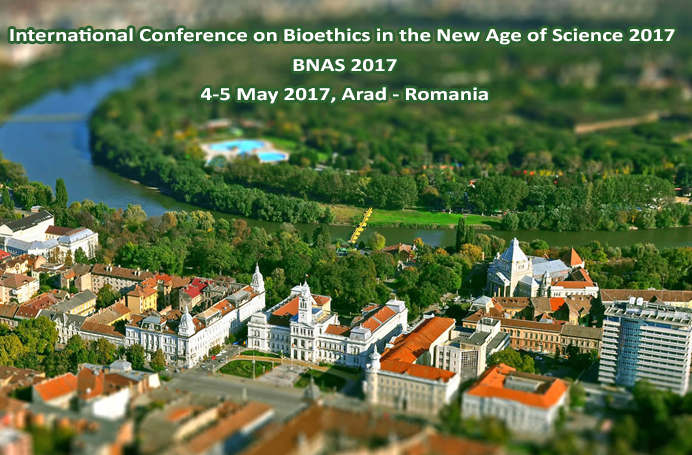
Arad (Romania)
Straddling the Mures River and occupying parts of both the Crisana and the Banat provinces, Arad traces its history back to the 11th century. Arad developed as a major trading post during the Turkish occupation, between 1551 and 1699. After 1699, the city was ruled by the Habsburg Monarchy and in 1834 Arad was declared a ‘free royal town’ by Emperor Francis I of Austria.
Today, Arad is an important industrial centre, as well as home to two universities, a Romanian Orthodox theological seminary, a training school for teachers, and a music conservatory. Churches and cathedrals in the city span over four centuries, several denominations, and architectural styles ranging from baroque to neoclassic.
Unique aspects about Arad:
- In 1812, the first Romanian pedagogical school in Transylvania is opened in Arad
- In 1817, the architect Jakob Hirschl finishes the first stone theatre in Romania
- In 1833, the 6th musical conservatory in Europe is opened in Arad, known as Arader Music
- In 1890, the first canoeing club from Transylvania is opened in Arad, known as Asociaţia Vâslaşilor Murăş Arad
- In 1899, the first official football match in Transylvania is played in Arad
- In the 20th century, a significant number of factories is built in Arad, such as the first toy factory in Romania (Arădeanca, 1959) or the first watch and clock factory in Romania (Victoria, 1962)
- In 1937, Arad is evaluated as the most powerful economic centre in Transylvania (and the fourth economic centre in Romania)
- In 1989, Arad is the first municipality to join the revolution which started in Timişoara against the communist regime
For touristic information, see: http://romaniatourism.com/arad.html
“Vasile Goldiș” West University of Arad
Through its six faculties, the “Vasile Goldiş” Western University of Arad provides young people with a wide range of study programs for Bachelor, Master and Doctorate levels, facilitating their career training, professional achievement and social recognition.
Thanks to its achievements, the University became partner with over 100 prestigious national and international academic institutions, actively participating in the socio-economic and cultural development of Romania.
See more information on the university here: http://www.uvvg.ro/site/en
|

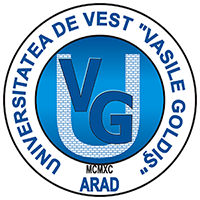

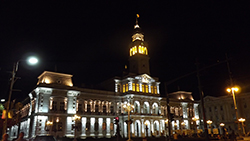
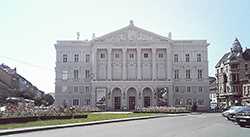
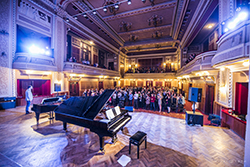
|
|